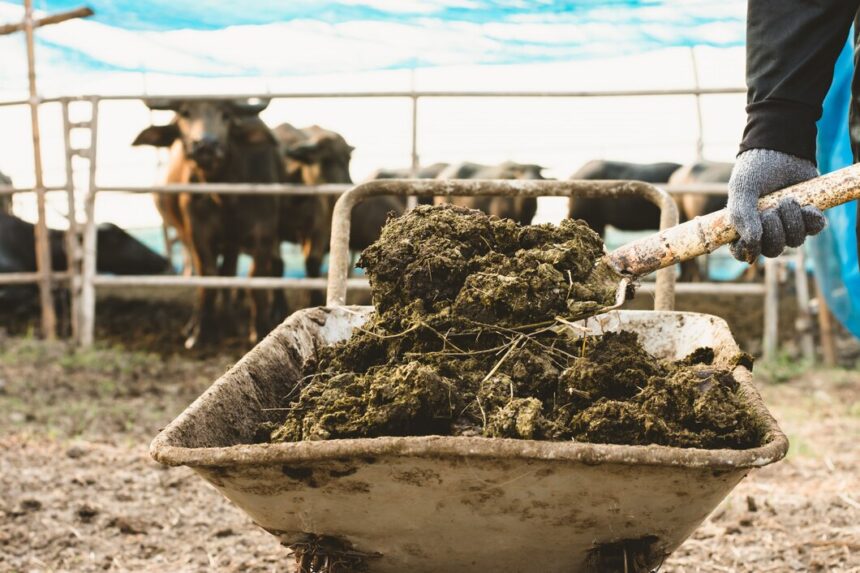For small-scale farmers, especially in rural areas where resources are limited, boosting crop yields without relying heavily on expensive chemical fertilizers is a major goal. One of the most effective and affordable ways to enrich soil naturally is by using manure. Rich in nutrients and organic matter, manure is often referred to as “black gold” for the soil. When used properly, it can significantly improve soil structure, fertility, and moisture retention—leading to healthier crops and bigger harvests.
Manure is essentially decomposed animal waste, and it comes from a variety of farm animals like cows, goats, chickens, pigs, and sheep. Each type of manure has different nutrient levels. For instance, chicken manure is high in nitrogen, which is excellent for leafy vegetables, while cow and goat manure are more balanced and better suited for general-purpose fertilizing.
Before applying manure to your crops, it’s important to compost it. Fresh manure can be too strong and may contain harmful pathogens or weed seeds. Composting—letting it decompose over time—reduces these risks and creates a more stable, slow-release fertilizer. A good compost pile includes a mix of manure, dry plant materials (like leaves or straw), and kitchen scraps. Turn the pile regularly and allow it to break down for at least two to three months.
Once your manure is composted, timing and method of application are key. For best results, apply the composted manure a few weeks before planting. This gives it time to settle into the soil and start releasing nutrients. You can mix it into the top layer of soil or apply it in planting furrows. Avoid placing manure directly on seeds, as it may burn young roots.
Different crops benefit from manure in different ways. Leafy vegetables like spinach, kale, and lettuce thrive in nitrogen-rich soils, so they respond very well to chicken manure. Root vegetables such as carrots, beets, and onions prefer balanced nutrients, making well-rotted cow or goat manure ideal. For fruiting crops like tomatoes, peppers, and maize, manure supports flower and fruit development, especially if it’s high in phosphorus and potassium.
Manure also helps with soil health in the long term. It improves soil structure by increasing organic matter, which boosts aeration and water-holding capacity. This means plants can access nutrients more easily, especially during dry periods. Over time, the consistent use of manure builds healthier, more fertile soil that produces better yields year after year.
Be mindful not to overuse manure, as too much nitrogen can harm plants and cause environmental issues like water pollution. A good rule of thumb is to apply about 1 to 2 buckets of composted manure per square meter, depending on the crop and soil condition. Testing your soil periodically can help you understand what nutrients it needs most.
If you raise livestock, manure is a free resource that can add significant value to your farming operation. Even if you don’t, sourcing manure from nearby farms or neighbors is usually inexpensive and often available in abundance.
Using manure to improve crop yields isn’t just good for your soil and your harvest—it’s also a smart way to recycle farm waste and reduce reliance on synthetic fertilizers. With a little planning and care, manure can turn your small farm into a more productive, sustainable, and profitable enterprise.
Join 'Farmers Mag' WhatsApp Channel
Get the latest Farming news and tips delivered straight to your WhatsApp
CLICK HERE TO JOIN






